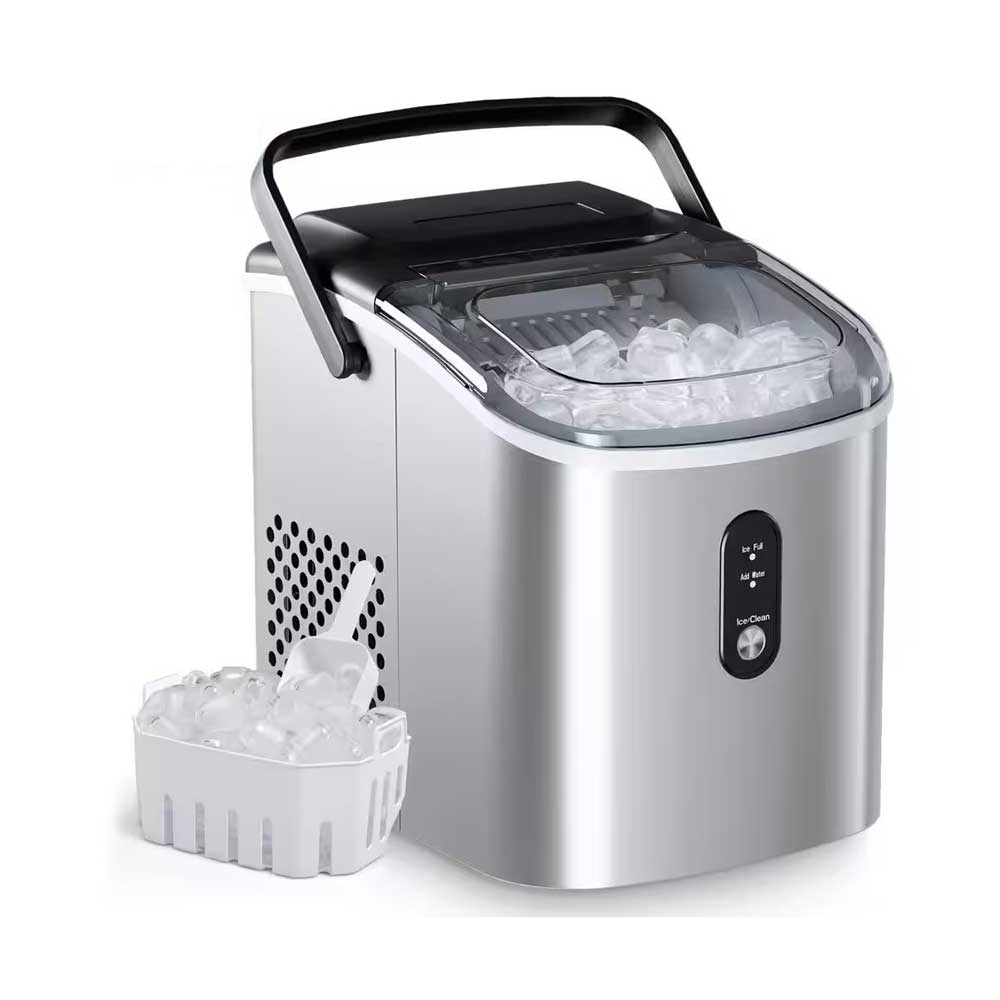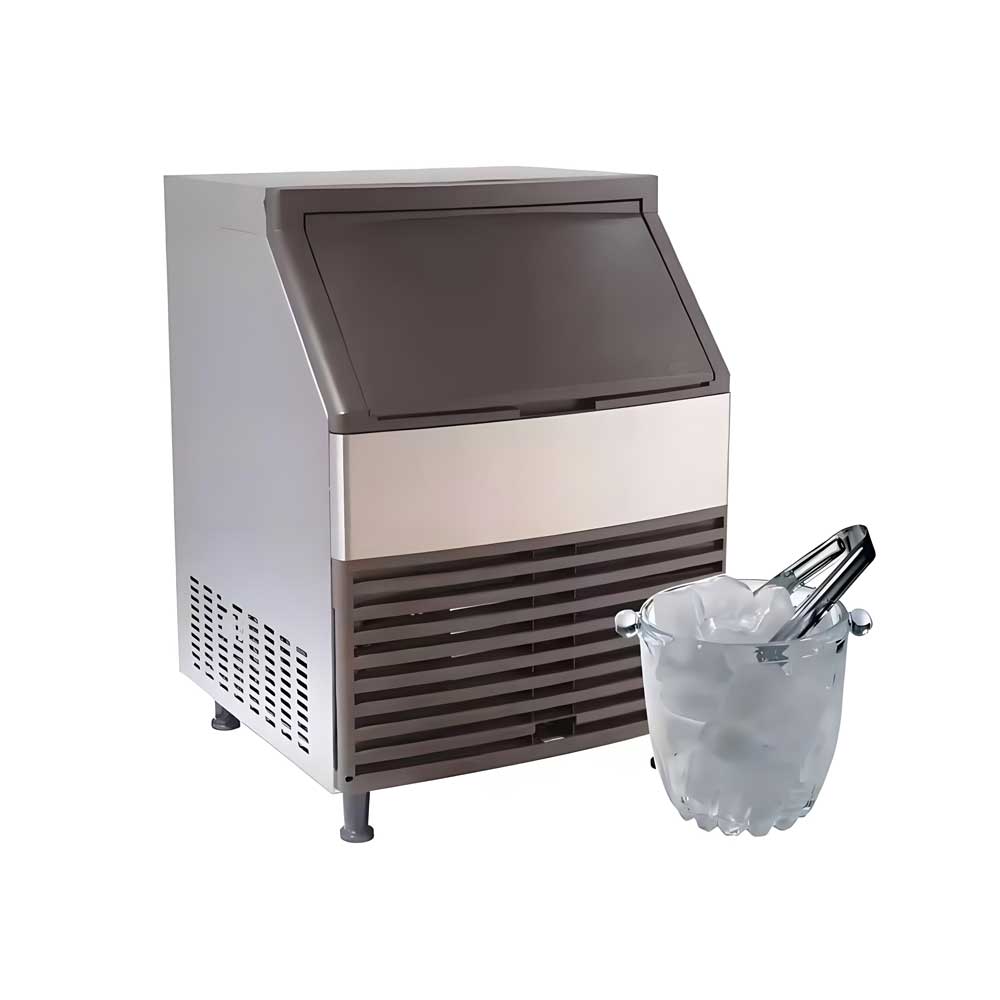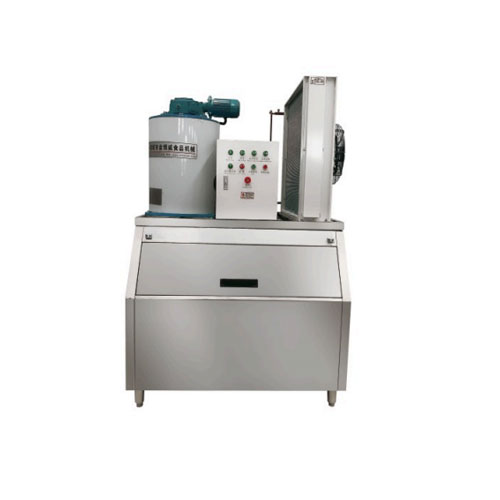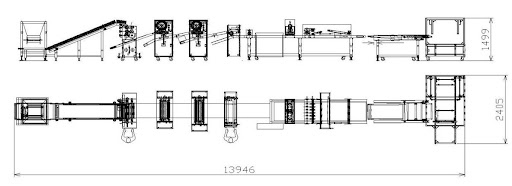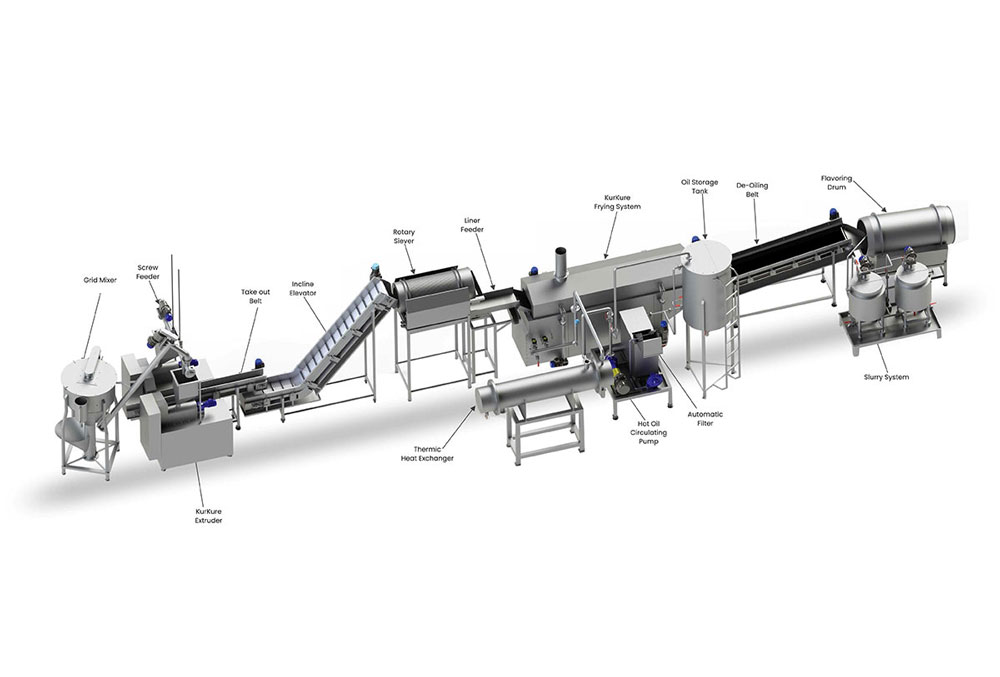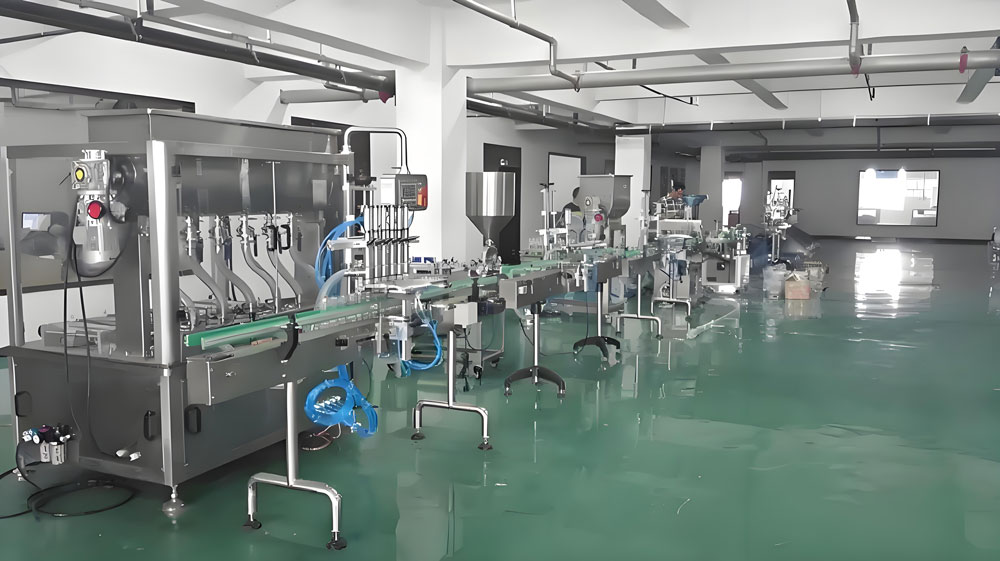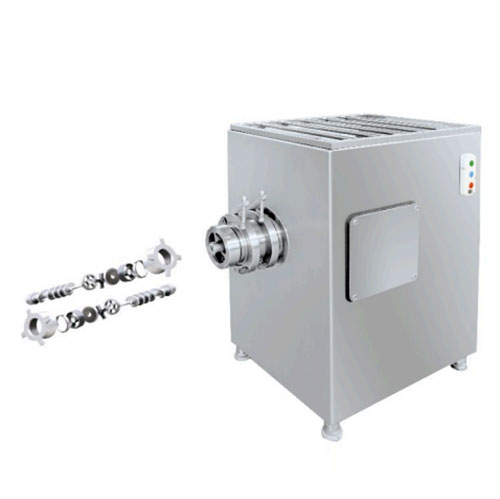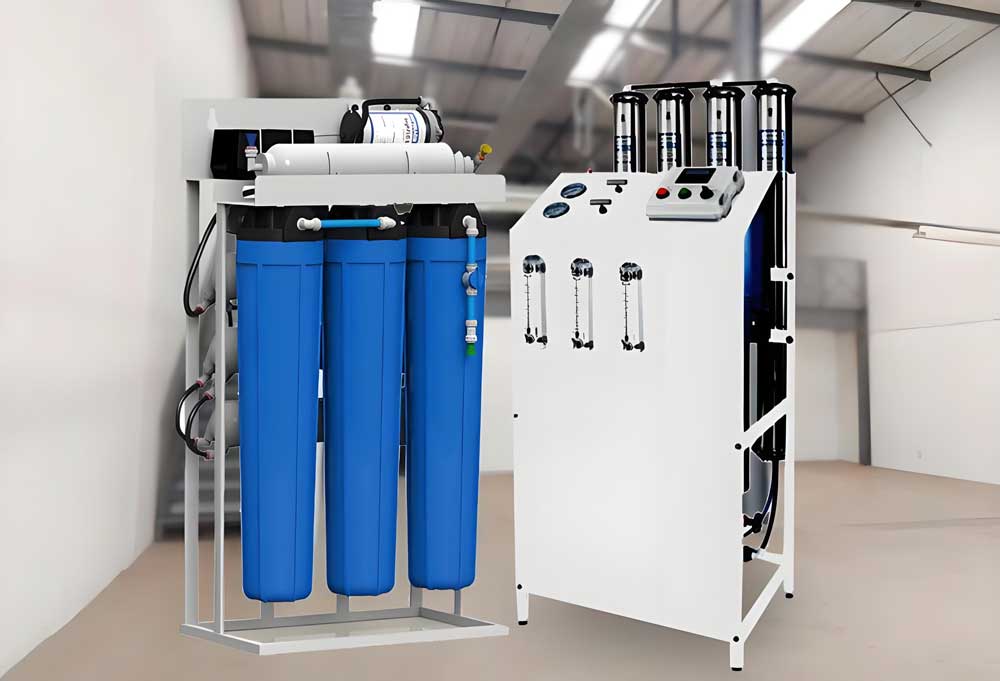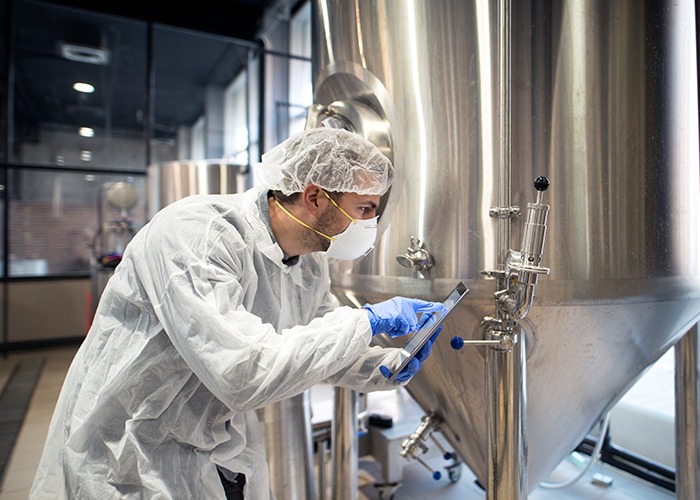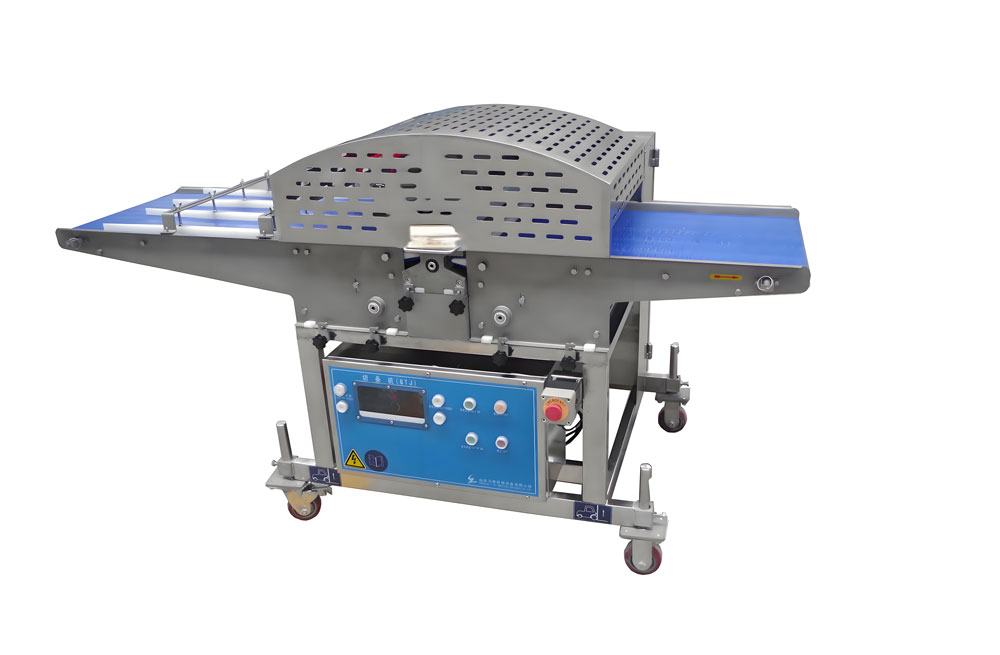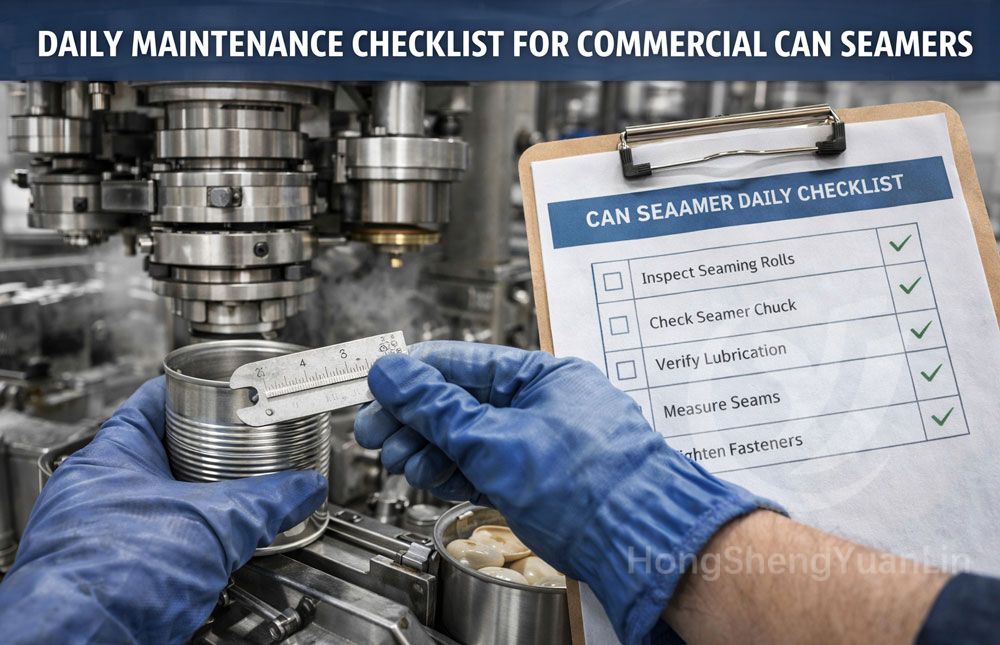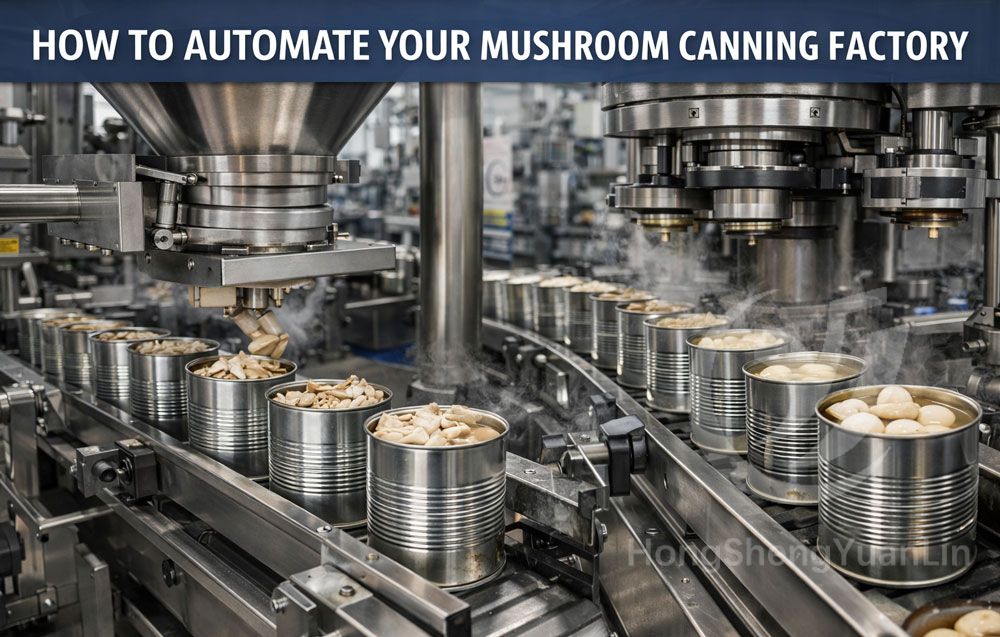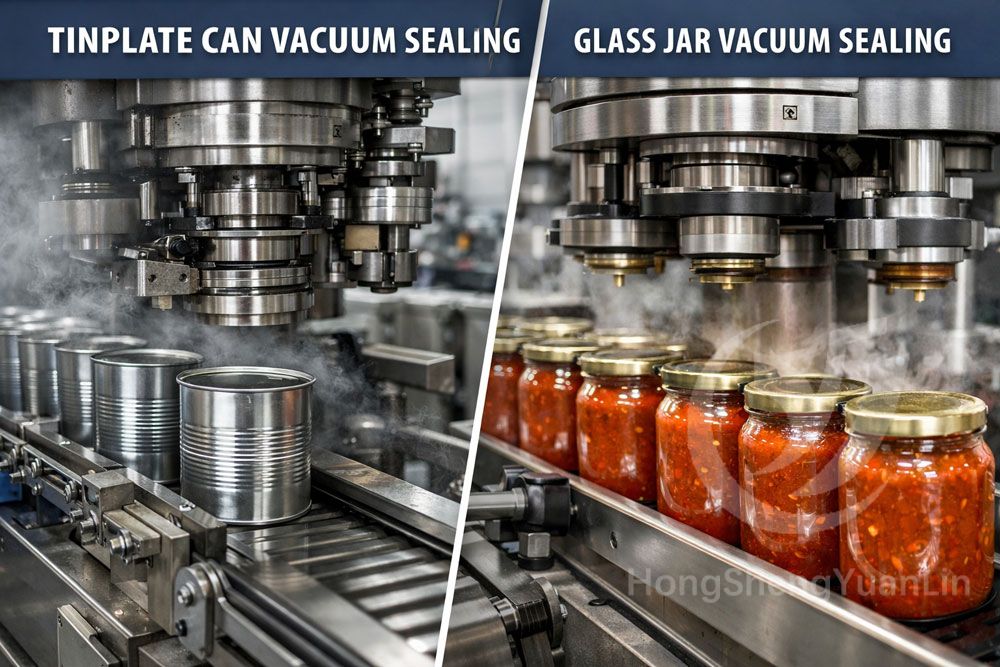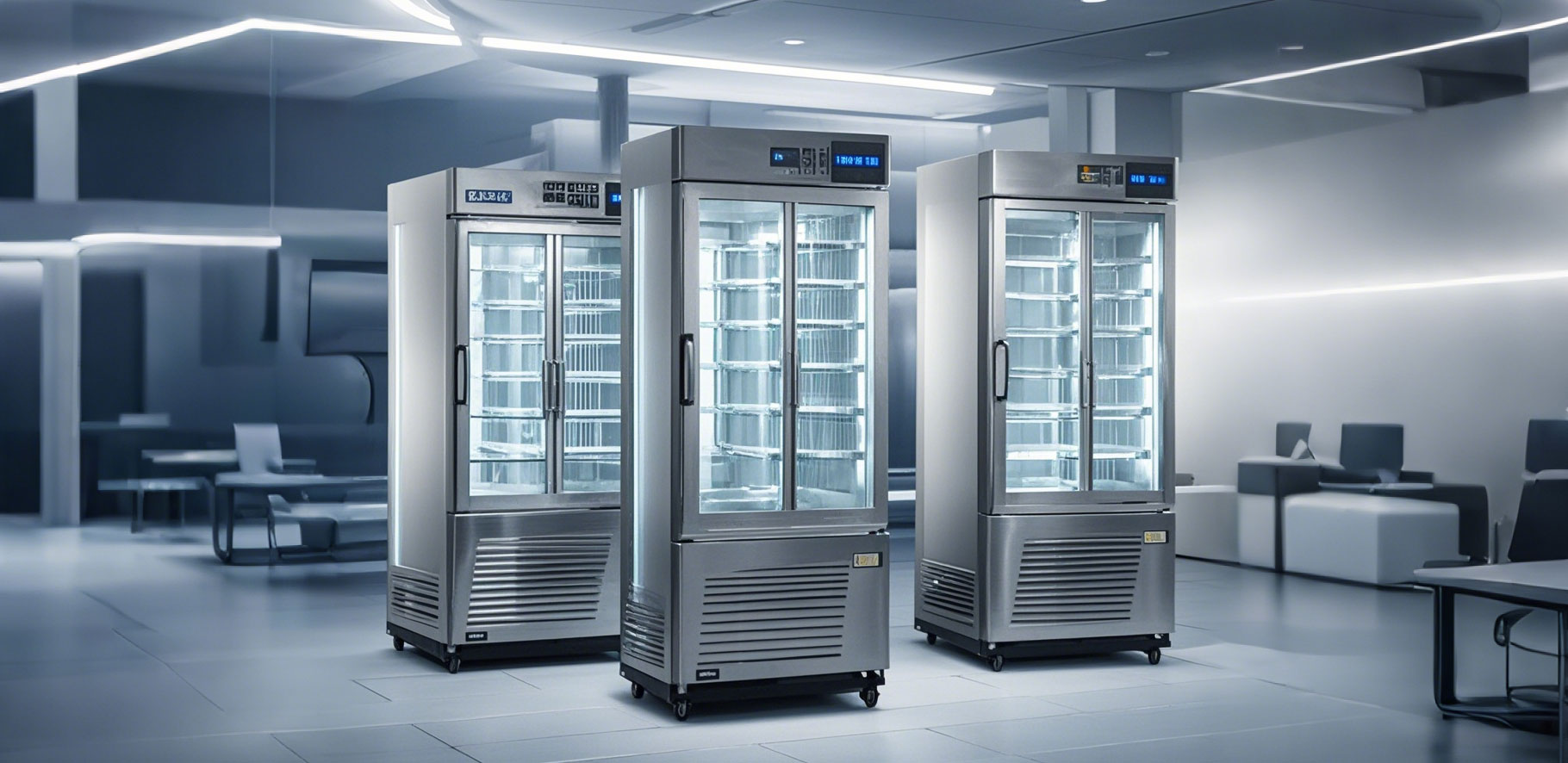
Refrigeration equipment is an essential component in food processing and storage, designed to maintain optimal temperatures for perishable goods. Constructed from high-quality stainless steel, it ensures durability and resistance to corrosion, with dimensions tailored to fit various commercial and industrial spaces.
With a robust construction, this equipment features an insulated design that enhances energy efficiency, helping to reduce operational costs. The refrigeration units come in different configurations, including upright, chest, and under-counter designs, allowing them to meet diverse storage needs and preferences.
Equipped with advanced temperature control systems, the refrigeration equipment maintains precise cooling conditions. Adjustable temperature settings range from -20°C to +4°C, ensuring the safe storage of various products. The user-friendly digital display allows for easy monitoring and adjustments, with a resolution of 1°C for accurate readings.
Designed for safety and convenience, the refrigeration units include features such as automatic defrosting, alarm systems for temperature fluctuations, and easy-access shelving for efficient organization. These units are ideal for restaurants, supermarkets, and food processing facilities, catering to various operational requirements.
For an enhanced storage experience, consider the Commercial Refrigerator Bundle, which includes a high-capacity upright fridge, a blast chiller for rapid cooling, and a set of durable storage bins. This comprehensive package is perfect for any food service environment, offering flexibility and reliability in maintaining food safety standards.
-
Road 1 page 3 strip
Refrigeration Equipment Maintenance and Repair Tips
Refrigeration equipment plays a critical role in food processing and storage. To ensure its long-term stable operation, regular maintenance and proper repairs are essential. Here are some tips for maintaining and repairing refrigeration equipment:
-
Regular Cleaning: Keep the evaporators and condensers of the refrigeration equipment clean to prevent dust and debris buildup, ensuring efficient heat dissipation.
-
Check Refrigerant Levels: Regularly check the refrigerant levels to ensure they are within the proper range. Low refrigerant levels can lead to decreased efficiency or compressor damage.
-
Inspect Electrical Connections: Ensure all electrical connections are secure and free from wear or looseness to prevent electrical failures that could cause downtime or damage to the equipment.
-
Regularly Replace Filters: Filters in the refrigeration system should be replaced regularly to prevent impurities from entering the system and affecting the cooling performance.
-
Monitor Equipment Performance: Use monitoring tools to track operating parameters such as temperature and pressure to detect potential issues early and address them before they lead to equipment failure.
-
Professional Repairs: If any malfunctions or abnormalities occur, promptly contact a professional technician for inspection and repair to avoid exacerbating the issue by attempting DIY fixes.
By following these maintenance and repair tips, you can significantly extend the lifespan of your refrigeration equipment and ensure its efficiency and stability in daily operations.

